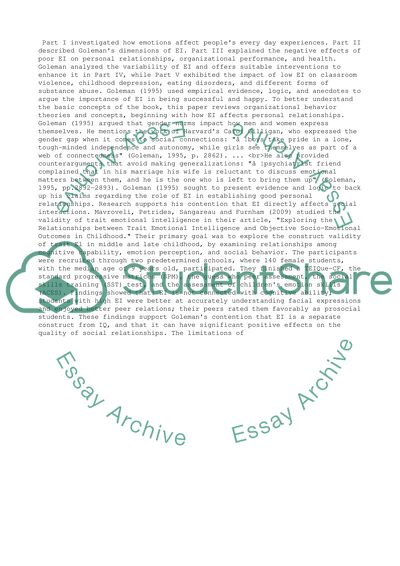Cite this document
(“Emotional Intelligence matters more than IQ Book Report/Review”, n.d.)
Retrieved from https://studentshare.org/management/1458154-emotional-intelligence-matters-more-than-iq
Retrieved from https://studentshare.org/management/1458154-emotional-intelligence-matters-more-than-iq
(Emotional Intelligence Matters More Than IQ Book Report/Review)
https://studentshare.org/management/1458154-emotional-intelligence-matters-more-than-iq.
https://studentshare.org/management/1458154-emotional-intelligence-matters-more-than-iq.
“Emotional Intelligence Matters More Than IQ Book Report/Review”, n.d. https://studentshare.org/management/1458154-emotional-intelligence-matters-more-than-iq.


